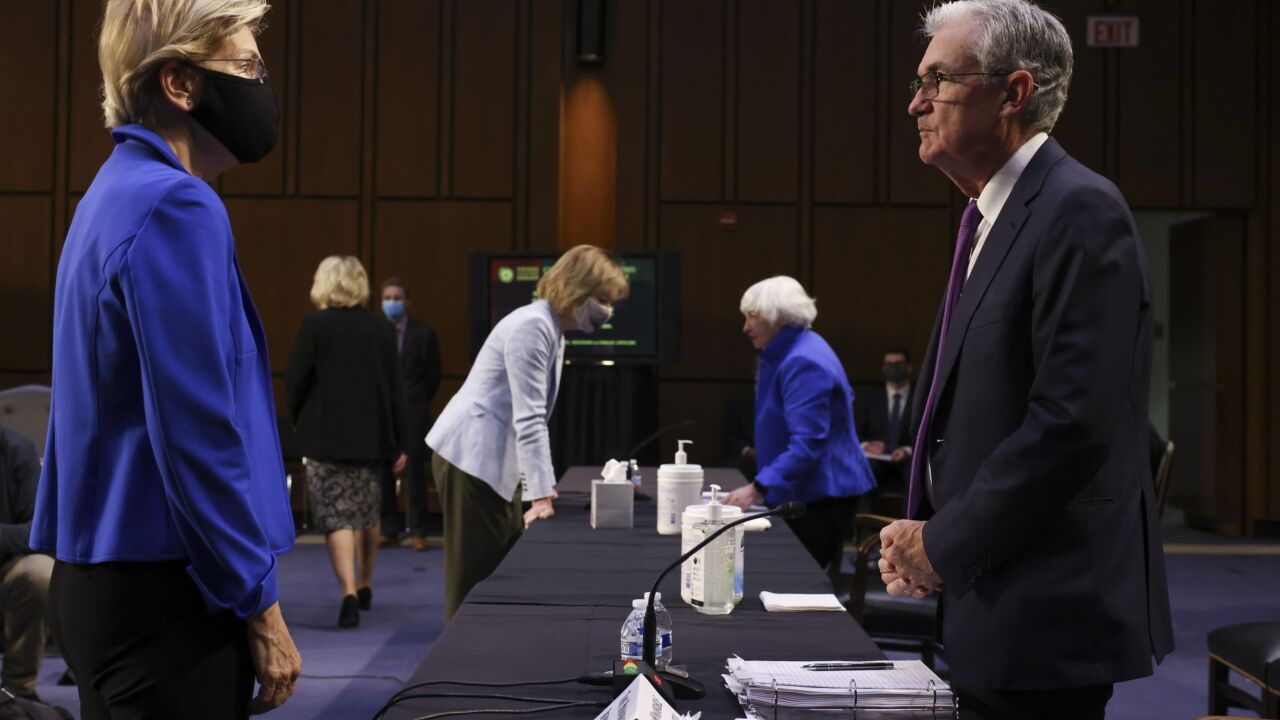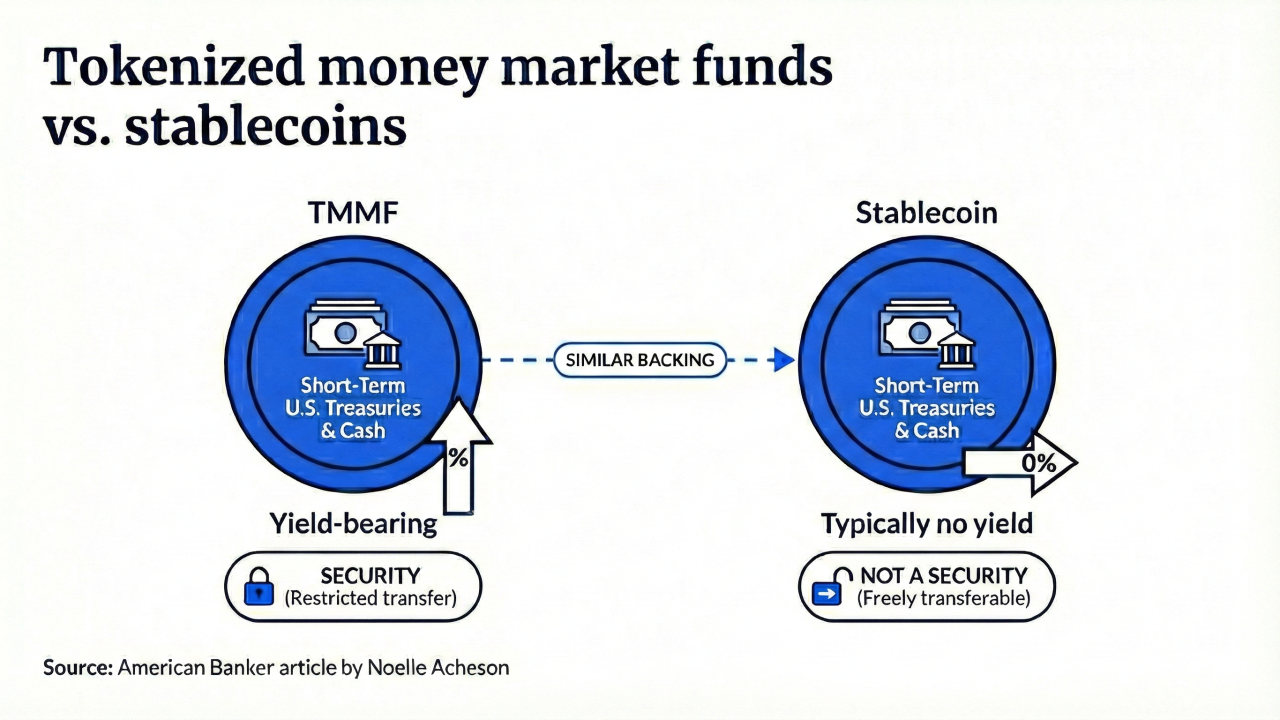WASHINGTON — Treasury Secretary-designate Timothy Geithner warned Wednesday that the government cannot ease off in its support for the financial system, despite critics who claim the bailout is not working.
"The ultimate costs of this crisis will be greater if we do not act with sufficient strength now," Mr. Geithner said at his confirmation hearing before the Senate Finance Committee. "In a crisis of this magnitude, the most prudent course is the most forceful course."
Mr. Geithner, who helped chart the course of the banking bailout as head of the New York Federal Reserve Bank, defended the Treasury Department's direct capital injections in institutions and said such infusions would probably continue during his tenure.
But he agreed that the Troubled Asset Relief Program needs significant revisions, including a plan for foreclosure relief. "We have to reshape and redesign this program to ensure there is credit available to support recovery," he said. "We will do this with conditions to protect the taxpayer and the necessary transparency to allow the American people to see how and where their money is being spent."
The nominee said policymakers cannot afford to be timid.
"The history of financial crises is a history of failures by governments to act with the speed and force commensurate with the severity of the crisis," Mr. Geithner said. "If our policy response is tentative and incrementalist, if we do not demonstrate by our actions a clear and consistent commitment to do what is necessary to solve the problem, then we risk greater damage to living standards, to the economy's productive potential, and to the fabric of our financial system."
Though Mr. Geithner was short on specifics, he said the Obama administration would release a comprehensive plan for financial services within weeks. It is likely to include a measure to reduce foreclosures through the bankruptcy courts.
Democratic leaders in the Senate made a breakthrough on that issue recently by securing support from Citigroup Inc. for proposed legislation to let bankruptcy judges rewrite mortgage terms in an effort to keep borrowers in their homes.
Mr. Geithner said President Obama is open to including such a measure in the broader financial services package, rather than in the economic stimulus plan.
"There's a great benefit in moving quickly to resolve uncertainty about what the" bankruptcy "rules will be going forward," he said, "but it's also true that we want to have a comprehensive housing package, and this is likely to be an important part of that, so we'd like to be open to suggestions on how best to move forward."
He added that it is "possible" the good-bank, bad-bank option, which has been suggested by officials including Federal Reserve Board Chairman Ben Bernanke as a way to expunge toxic mortgage-related assets from banks' balance sheets, "will be part of the solution going forward."
But Mr. Geithner said the government must be careful not to let the financial system grow reliant on federal help and that it is important to undo the bailout once the system returns to normal.
"Our program to restore economic growth has to be accompanied … by a clear strategy to get us back as quickly as possible to a sustainable fiscal position and to unwind the extraordinary interventions taken to stabilize the financial system," he said. "We need to demonstrate with clear and compelling commitments now that, when we have effectively resolved the crisis and recovery is firmly established, that we as a nation will return to living within our means."
He defended actions taken by the Bush administration, including its decision to let Lehman Brothers fail.
"You know, we could not force any institution to come in and buy Lehman Brothers, or guarantee their obligations," he said, "and no one was willing, without the government taking a very, very substantial capital position, and we did not have the authority at that point to do that."
Mr. Geithner is expected to be confirmed despite nagging questions about his payment of back taxes from his employment at the International Monetary Fund. He recently disclosed that he missed payments of roughly $34,000 in income taxes that the IMF — where he worked from 2001 to 2005 — had not automatically withheld. (Mr. Geithner, who was audited by the Internal Revenue Service, ultimately paid the amount, plus interest.)
The nominee expressed remorse over the tax error but denied that he had intended to skip the payments for personal gain.
"These were careless mistakes," he said. "They were avoidable mistakes, but they were unintentional. I should have been more careful. I take full responsibility for them."
Though members of the panel raised concerns about the tax matter, they said the mistakes were not likely to derail Mr. Geithner.
"These are disappointing mistakes. But after discussing them with Mr. Geithner, I believe them to be innocent mistakes," said Finance Committee Chairman Max Baucus.
The committee is expected to support Mr. Geithner's nomination today and forward it to the Senate.





